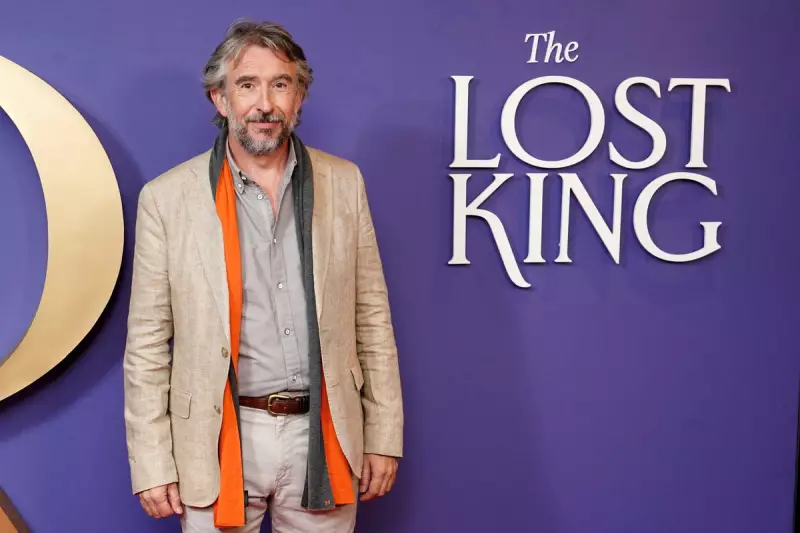
Acclaimed actor and comedian Steve Coogan finds himself at the centre of a remarkable legal storm as distant relatives of King Richard III have launched defamation proceedings against him and production company Pathe.
The controversy stems from Coogan's portrayal of the much-maligned monarch in the upcoming film 'The Lost King', which tells the extraordinary story of how Richard III's remains were discovered beneath a Leicester car park in 2012.
Historical Reputation Under Scrutiny
The Plantagenet Alliance, representing descendants of the 15th-century king, alleges that the film presents a damaging and inaccurate depiction of their ancestor. They argue that the production perpetuates what they describe as 'Tudor propaganda' that has unfairly blackened Richard III's name for centuries.
Richard III remains one of England's most controversial monarchs, largely due to William Shakespeare's famous portrayal of him as a deformed villain responsible for the murder of his young nephews in the Tower of London.
A Modern Legal Challenge
This unusual case raises fascinating questions about historical representation and modern legal rights. The claimants argue that even figures from distant history deserve accurate portrayal, while the filmmakers maintain their right to artistic interpretation.
Legal experts suggest this could become a landmark case in defamation law, testing the boundaries of how historical figures can be depicted in creative works.
Coogan's Dual Role
Steve Coogan not only stars in the film but also co-wrote the screenplay with Jeff Pope. The project marks another serious dramatic turn for the actor, best known for his comic creation Alan Partridge.
'The Lost King' focuses on amateur historian Philippa Langley's determined campaign to locate Richard III's long-lost grave, a quest that many professional archaeologists had dismissed as futile.
The case continues to develop, with both sides preparing their arguments for what promises to be a closely watched legal battle at the intersection of history, art, and modern law.





